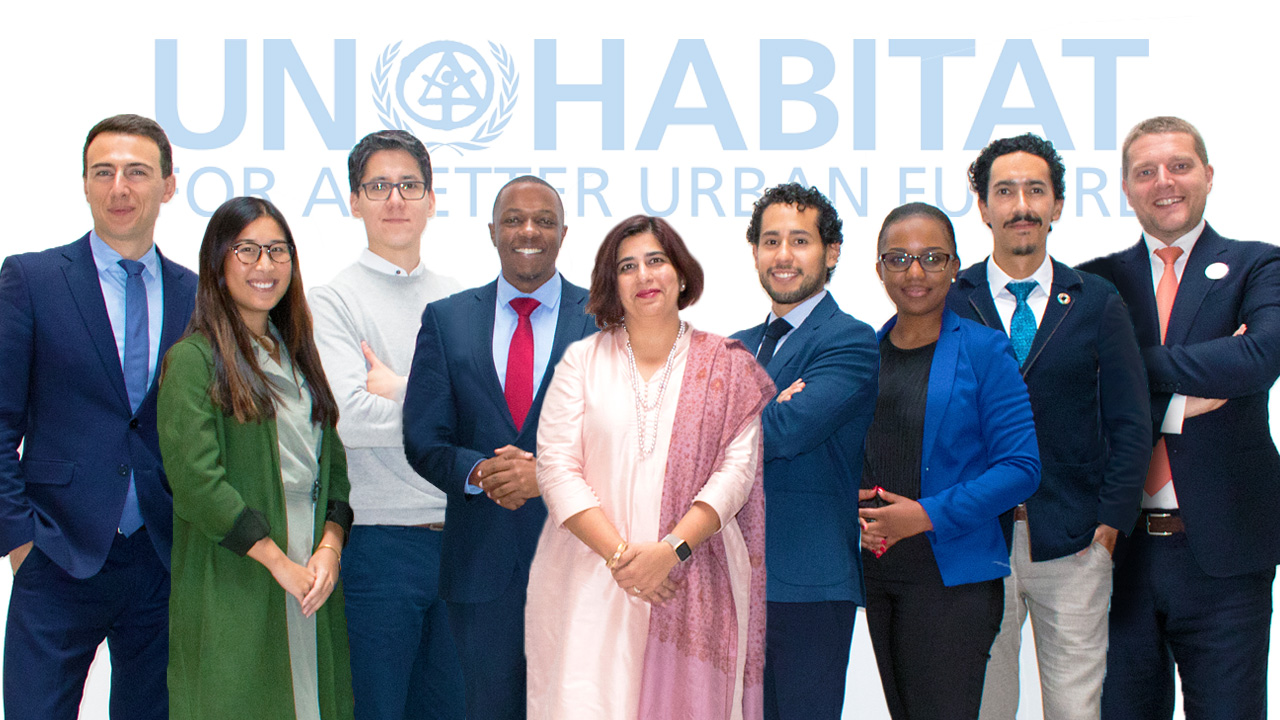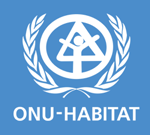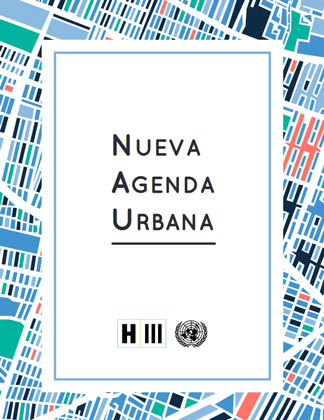
Specialists of UN-Habitat and the officials of the National Fund for Tourism Promotion (FONATUR) gathered in Mexico City to take part in the Expert Group Meeting (EGM). From August 5 to 7, they analyze the project “Integral Strategy on Urban and Territorial Development for Southeast region of Mexico – Corridor Maya Train”.
Mexico City, August 6, 2019.
Share
During the meeting, nine specialists from the UN-Habitat Headquarters in Nairobi, Kenya, exchanged their opinions with FONATUR, on the best intervention strategies at regional, territorial and urban level as well as the implementation mechanisms articulated in the project framework.
The meeting is part of a collaborative process between both institutions for the initiation of the Tren Maya project. They are expected to impart knowledge on the best practices of regional corridors and also on their potential impact on sustainable development and quality of life of the inhabitants.
Global best practices in regional, territorial, and urban planning were discussed. In addition, main opportunities and challenges were identified to develop a comprehensive strategy for Southeast Mexico and the potential impact of the project.
The group of specialists reviewed and devised the guidelines and parameters on regional and urban planning from the spatial, social, environmental and economic perspectives. Specific recommendations are being proposed for the planning and design of urban centers adjacent to the train stations in order to promote organized local development.
They will share a document composed of the discussions and recommendations generated from the meeting. The objective of the EGM is to create a roadmap that helps efficiently implement the “Integral Strategy on Urban and Territorial Development for Southeast region of Mexico – Corridor Tren Maya”.
Related articles
Fonatur and UN-Habitat sign a collaboration agreement for the Maya Train
Specialists of UN-Habitat
 Shipra Narang Suri
Shipra Narang Suri
Coordinator, Urban Planning and Design Branch, UN-Habitat
Shipra Narang Suri, is an urban planner with a Ph.D. in Post-War Recovery Studies from the University of York, UK. She coordinates UN-Habitat’s Urban Planning and Design Branch. The work of the Branch covers themes such as regional and metropolitan planning, national urban policies, city planning, extension and design, public space, urban renewal, climate change action planning and building climate resilience for the poor, with extensive normative work and operational activities in over 50 countries.
 Marcus Mayr
Marcus Mayr
Urban Planner, Climate Change Planning Unit, UN-Habitat
Marcus Mayr is an Urban Planner working in the Climate Change Planning Unit of UN-Habitat. As part of the team in the Cities and Climate Change Initiative, Marcus is passionate about increasing the visibility and role of cities in the global effort against climate change. He holds a Master of Engineering in Urban and Regional Planning from the Technical University of Berlin (Germany).
 Javier Torner Ruiz de Temino
Javier Torner Ruiz de Temino
Urban Development Specialist and Programme Management Officer, Extension and Design Unit and the Urban Lab, UN-Habitat
Javier Torner has worked at UN-Habitat's Headquarters since 2014. He has drafted and participated in the implementation of development frameworks, planned city extension projects, urban regeneration, post-disaster urban restructuring initiatives and urban projects and trainings in the Russian Federation, Kazakhstan, Azerbaijan, Czech Republic, China, India, Mexico, Colombia, Brazil, South Africa, Haiti, Rwanda and Kenya.
 John Gitau
John Gitau
Land information Officer, Land and Global Land Tool Network (GLTN) Unit, UN-Habitat
John Gitau is currently supporting the technical development and country-level implementation of Fit-For-Purpose land administration tools and approaches for securing land rights. He is also the focal point of GLTN’s country programs in Kenya and the Philippines.
 Zuzana Vuová
Zuzana Vuová
Associate Programme Management Officer, Capacity Development Unit, UN-Habitat
Zuzana Vuová is a social scientist and programme manager with experience in the areas of capacity building, inclusive social development, participatory processes and youth rights. She joined UN-Habitat in January 2018. There, she supports the development, implementation and evaluation of various training and capacity building workshops and courses for urban leaders and city planners.
 Rafael H. Forero H.
Rafael H. Forero H.
Urban Policy and Metropolitan Development Expert, Regional and Metropolitan Planning Unit, UN-Habitat
Rafael Forero, engineer. Master’s in development. Specialist in development, public policies and project management. International consultant on public policies, urban and territorial development and sustainable development.
 Jesus Salcedo
Jesus Salcedo
Housing Specialist, Housing and Slum Upgrading Branch, UN-Habitat
Jesus Salcedo Villanueva is an urban manager currently working for UN-Habitat Headquarters, where he manages the Global Network for Sustainable Housing, and the Urban Migration Portfolio.
 Lynne Karago
Lynne Karago
Research and Communications Specialist, UN-Habitat’s Research, Capacity, and Development Branch (RCDB), Best Practices Unit.
Lynne Karago leads the media relations, communications and research of the Best Practices Unit within the branch to ensure that all activities are properly disseminated to internal and external partners. In this position, she has coordinated best practices related activities with major stakeholders such as Dubai Municipality, Shanghai Municipality and international organizations such as United Nations Department of Economic and Social Affairs (UNDESA) and Cities Alliance.
 Roberto Herrera
Roberto Herrera
Municipal Finance Unit, Urban Economy and Finance Branch
Roberto Herrera is a lawyer and obtained an MSc in Development Administration and Planning from University College London (UCL). He is specialized in sustainable urbanization through knowledge, skills, and expertise based on a three-pronged approach to legal frameworks, planning, and local finances.
También podría interesarte
Corredor Regional Tren Maya
El Tren Maya en Campeche
El Tren Maya en Escárcega











